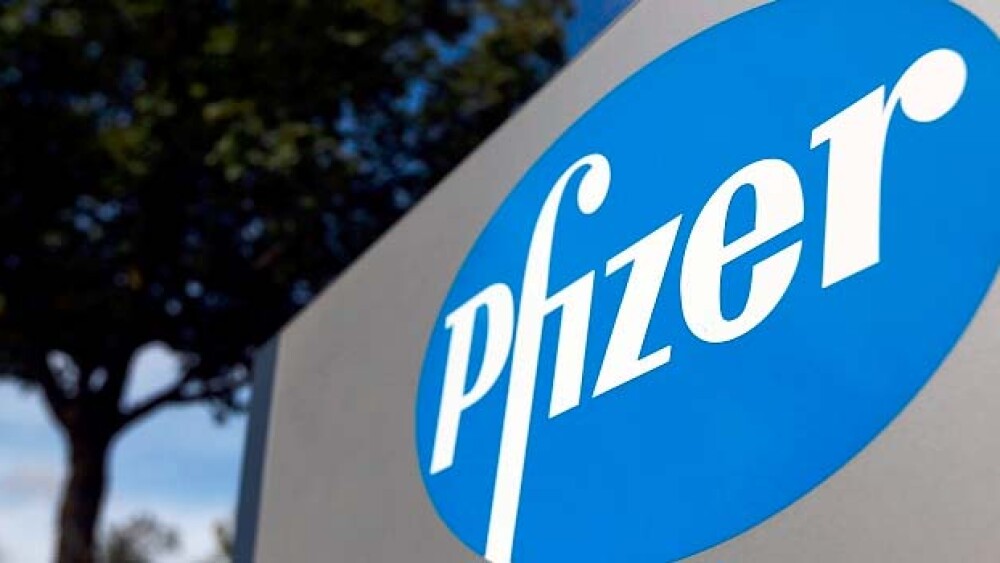The FDA approved a label expansion for Pfizer’s cancer drug Sutent to include the adjuvant treatment of adult patients at high risk of RCC following the surgical removal of the cancerous kidney.
The U.S. Food and Drug Administration (FDA) approved a label expansion for Pfizer‘s cancer drug Sutent to include the adjuvant treatment of adult patients at high risk of recurrent renal cell carcinoma (RCC) following the surgical removal of the cancerous kidney.
Sutent (sunitinib malate) was initially approved by the FDA in 2006 for the treatment of certain patients with gastrointestinal stromal tumors and advanced renal cell carcinoma. It is also approved for patients with a certain type of pancreatic cancer. Sutent is a kinase inhibitor that works by blocking several enzymes that promote cell growth.
The expanded use of Sutent is the first adjuvant treatment approved for patients with renal cell carcinoma, the FDA said when it announced the approval on Thursday. Richard Pazdur, director of the FDA’s Oncology Center of Excellence, said the approval is significant because patients with this disease who have a nephrectomy are often at high risk of the cancer returning.
There is now an approved therapy for patients who previously did not have options to potentially reduce cancer recurrence,” Pazdur said in a statement.
The label expansion was awarded based on the late-stage S-Trac trial that showed the drug was able to significantly reduce the risk of a disease-free survival (DFS) event, which was defined as the “interval between randomization and tumor recurrence, or secondary primary cancer or death from any cause” for patients at high risk of RCC recurrence.
According to the National Cancer Institute there will be approximately 63,990 patients diagnosed with kidney and renal cell pelvis cancer this year. Of those, it is estimated that 14,440 will die from the disease.
Duke University oncologist Daniel George, a study investigator, said some patients who have undergone surgery for locally advanced RCC are at a high risk of recurrence. In a statement, he said the adjuvant therapy is a remarkable clinical development for patients who have been restricted to what he called a wait and see approach. The current treatment approach for RCC patients is surgery followed by observation, which is suboptimal for patients at high risk of recurrence.
“Today’s approval marks an important step forward for the treatment of adult patients who are at high risk of their renal cell carcinoma returning after surgery,” said Liz Barrett, head of Pfizer Oncology. “Pfizer has been dedicated to advancing the science of RCC treatment for over a decade, and we are pleased to see this commitment continue to translate into meaningful options for patients.”
Sutent does contain a boxed warning due to the risk of severe liver damage (hepatoxicity), which may result in liver failure or death. Other severe side effects that can be associated with Sutent include heart failure (low left ventricular ejection fraction), heart attack (myocardial ischemia/infarction), abnormal health rhythm (prolonged QT intervals/Torsade de Pointes), hypertension, bleeding, the FDA said.





